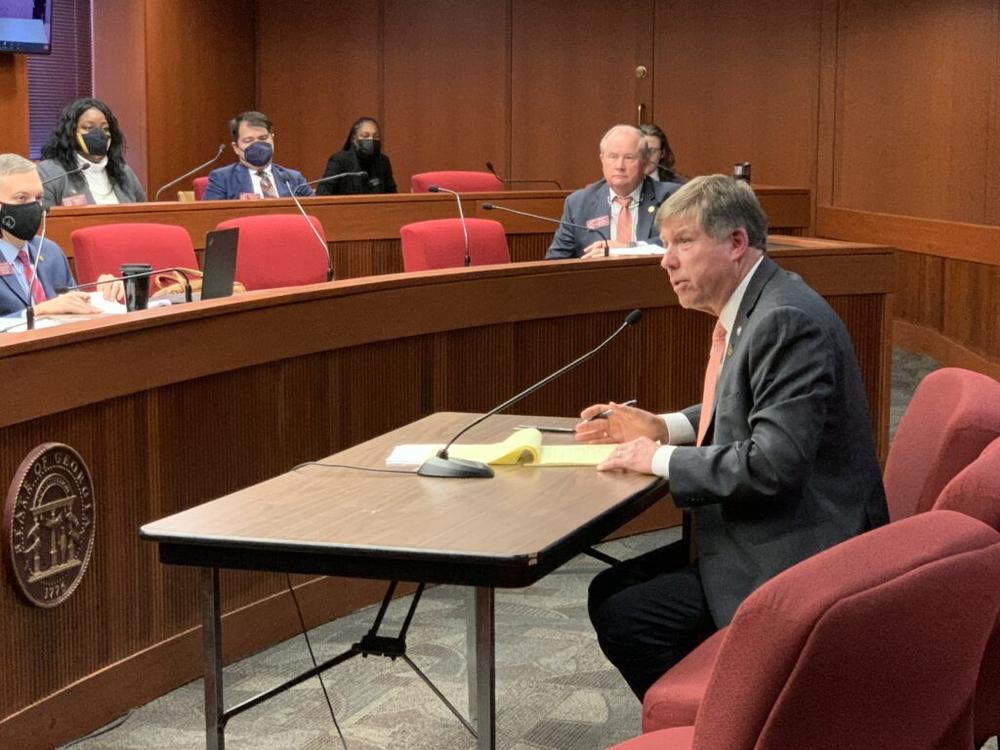
Caption
The bill’s sponsor, Rep. Robert Dickey, a Musella Republican and peach farmer, defended the changes as needed to keep newcomers from shutting down family farms. Several supporters have voiced concern about the country’s shrinking farmland.
Credit: Jill Nolin/Georgia Recorder (February 2022 file photo)

